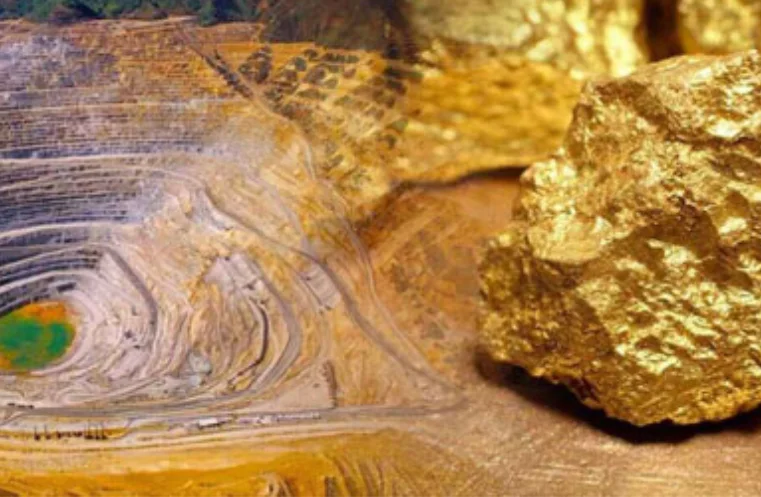Islamabad, Feb 26: The Pakistani government has approved an exemption for Pakistan International Bulk Terminal Limited (PIBTL) to manage and export gold and copper extracted from the Reko Diq mining project. This move enables PIBTL to expand its operations beyond coal, clinker, and cement, as reported by The Express Tribune.
In a recent meeting, the executive committee of the Special Investment Facilitation Council (SIFC) unanimously granted this exemption. The Petroleum Division has been directed to submit the case to the Public Procurement Regulatory Authority (PPRA) for final approval.
Additionally, the Port Qasim Authority (PQA) and PIBTL have been instructed to amend their current implementation agreement to accommodate the export of copper, gold, and other minerals. The revised agreement is expected to be finalized by March 15, 2025.
Read More:
SBP Acquires $4.98 Billion from Interbank to Strengthen Forex Reserves
Originally, PIBTL and PQA had signed a 30-year build-operate-transfer (BOT) contract, limiting PIBTL’s operations to handling bulk cargo such as coal, clinker, and cement. However, the Reko Diq Mining Company has proposed using PIBTL as an interim export terminal for copper concentrate until Gwadar Port becomes fully functional, emphasizing the project’s national importance.
The PQA informed the federal government that modifying the agreement to include copper concentrate would require an exemption from PPRA. However, PPRA officials clarified that no such exemption was needed since the agreement does not involve procurement.
Previously, Pakistan resolved an international legal dispute regarding Reko Diq after losing a case at the International Centre for Settlement of Investment Disputes (ICSID). The government paid $900 million to Antofagasta, a Chilean mining company, as part of an out-of-court settlement.
The dispute originated from a 2013 Supreme Court ruling that prevented Tethyan Copper Company (TCC)—a joint venture between Chile’s Antofagasta and Canada’s Barrick Gold—from developing Reko Diq. This site contains one of the world’s largest untapped reserves of copper and gold. As a result, ICSID imposed a $5.8 billion penalty on Pakistan for breaching the investment agreement.
The conflict arose when the Balochistan government, despite holding a 25% stake, declined to invest in the project. Currently, Pakistan is negotiating with Saudi Arabia to sell a 15% share in Reko Diq, aiming to attract foreign investment and boost its mineral sector.
